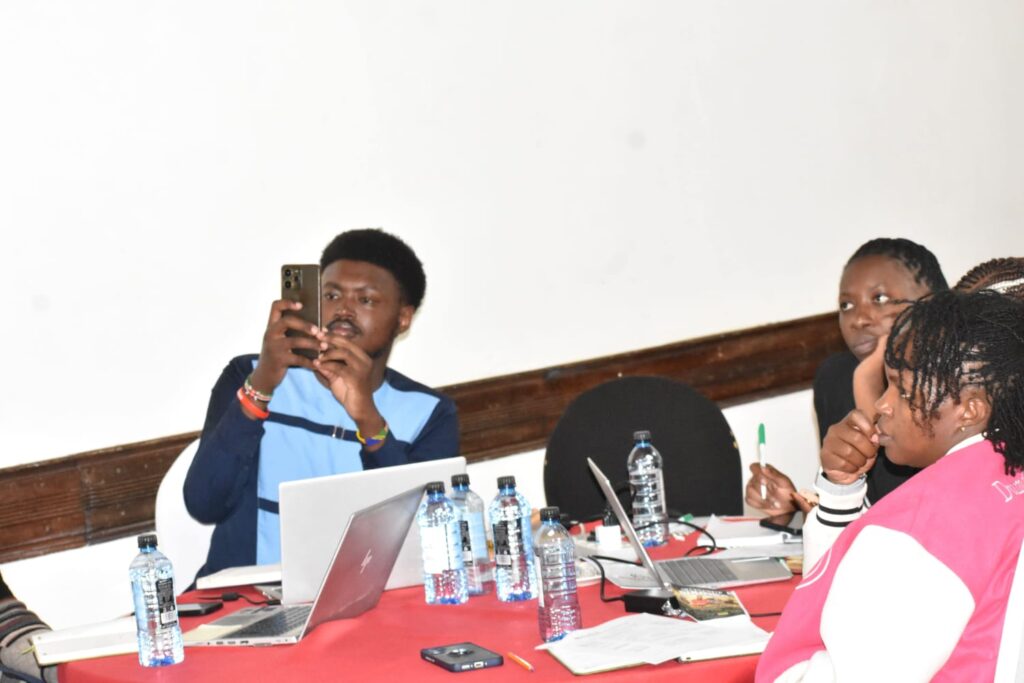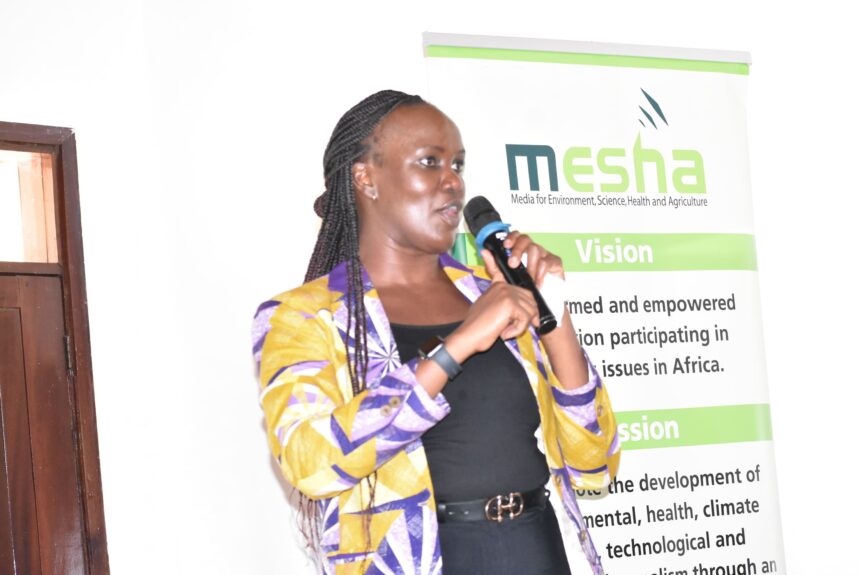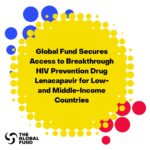By Juliet Akoth | julietakoth19@gmail.com
As digital technology rapidly transforms the global media landscape, African journalists are called to embrace emerging tools, particularly artificial intelligence (AI) and social media, while remaining anchored in the ethical principles of journalism. These technologies have revolutionized storytelling and public engagement, besides coming with significant risks.
This call to action took center stage at a recent two-day media café hosted by the Media for Environment, Science, Health & Agriculture (MESHA) in Nairobi.

Held under the theme “Use of Social Media and AI for Effective Reporting and Advocacy in Health & Climate Change,” the workshop brought together science journalists to explore how AI and social media platforms can enhance reporting without undermining trust or credibility.
Speaking during the event, Dr Joyce Wangari, a consultant researcher with the Gwira Communications Foundation, emphasized how digital tools have created new ways to tell stories of important issues such as public health and climate change. “Digital tools are reshaping what societies talk about, understand, and act on. They democratize access to information, but also require careful governance to mitigate risks like misinformation, surveillance, and digital divides,” she said.

Kenya’s own digital transformation highlights the urgency of this conversation. According to the Digital 2024: Kenya report by DataReportal, the country had 13.05 million active social media users as of January 2024. This represents about 23.5% of its population, marking a 3.6 million increase in users in just one year. Kenyans also ranked among the world’s top daily users of social media, averaging nearly four hours per day. In a parallel development, the government launched the National Artificial Intelligence Strategy 2025–2030 in March 2025, signaling its ambition to lead the region in ethical AI deployment and data governance.
Amid this digital surge, Dr Ruth Owino, an Assistant Professor at the United States International University – Africa, reminded journalists that the same tools were equally capable of distorting truth. She urged reporters to apply the same rigorous verification standards they use in a traditional newsroom online as well.
“Once you are a journalist, the responsibility does not end at the newsroom,” she said.
“With a large online following comes influence, and accountability. Always verify before you amplify,” she added.
Tess Gitau, one of the trainees, echoed this sentiment, emphasising that while AI enhances creativity and speed, such as generating images quickly for social media advocacy, it must be used responsibly.

“AI is not inherently ethical or original. It pulls from others’ ideas and repackages them. We may have similar ideas, but we can never express them word-for-word nor view something exactly the same way,” she warned, citing a case where she saw identical posts by two experts on LinkedIn.
“We live in a world where stories move masses. Journalists must use AI ethically because people depend on these stories to make life decisions.”
Christine Ochogo, another trainee, described how these digital technologies have enabled her to explore new storytelling formats.
“As a former radio journalist, I initially focused on audio. But now, through tools such as Capcut, I create videos and graphics easily on my phone,” she said.
She highlighted that AI and social media technologies have helped her embrace new frontiers in journalism, noting the importance of choosing the right format and platform for one’s audience.
“These tools fast-track our work and expand our possibilities. But we must verify everything, because once misinformation is out, it’s hard to retract,” she noted.
Discussions at the training also highlighted pressing challenges, particularly around misinformation, ranging from vaccine hesitancy to resistance against climate-smart farming practices. There was a shared call to re-frame African science narratives into ways that reflect both modern data and indigenous knowledge.
“Our ancestors didn’t have access to real-time scientific data. We do,” Dr. Owino noted.
“It’s time for modern science journalism to blend evidence-based reporting with deep cultural understanding,” added Owino.
The participants also explored how AI-powered tools such as misinformation detection systems could help journalists combat fake news across platforms such as X (formerly Twitter), Facebook, and TikTok.
MESHA Secretary, Aghan Daniel advised journalists to quit one-off reporting and adopt a more immersive, long-term approach to storytelling. He said journalism was now evolving, demanding a deeper level of engagement with communities.

“When you go out to find a story, your role isn’t just to gather information and rush back to publish. Look beyond the immediate event. Observe the mood, the socio-economic context; what else is happening around that story?”
He encouraged journalists to become “researchers” in communities to develop the capacity to uncover stories that truly make a difference.
In closing, the training, he reaffirmed journalists’ evolving role in the AI era, emerging as not just storytellers but also as guardians of public trust.
“Data tells the story. But how we choose to tell it determines whether the public is moved to act, or to ignore,” Dr Owino concluded.









